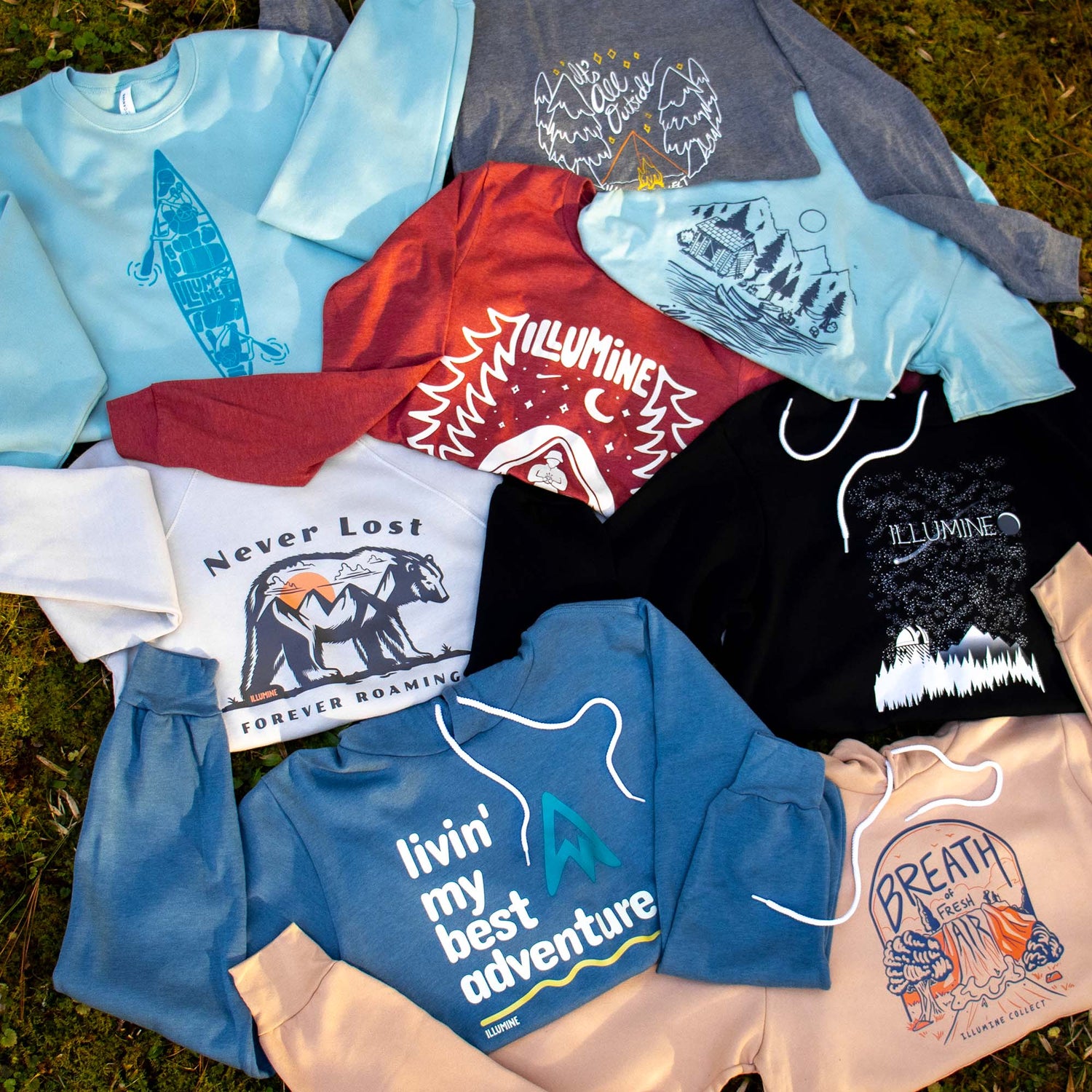An interview with No Barriers manager, Heather Zoccali
Interview by Jeremy Lux, article written by Eric Z. Gasa
As a manager at No Barriers, Heather Zoccali’s line of work poses the societal question, “Who cares for the caregivers?” Too often is the question answered with a deafening silence. In a world with plenty of grief and hurt waiting to be treated, many times are society’s caregivers left with no one else to look after them. To be a caregiver is a selfless act; they don’t do it for the money or recognition, but at the end of the day we are all people seeking the same compassion.
On the latest episode of the Life in Motion podcast, Jeremy Lux has an earnest talk with Heather Zoccali, manager of No Barrier’s Caregiver Program, an organization dedicated to building a community among those who give the most. Together they discuss the therapy of the outdoors, the hardship of rehabilitation, and the art of loving yourself.
Judging by Zoccali’s title and background it’s no surprise that she has a servant’s heart. Growing up in Kentucky, she enjoyed riding horses, skinned knees, and playing past dark with her brothers. But life would eventually whisk her further out west after a few fateful trips to Wyoming. She describes Wyoming as a total “culture and landscape shock” from her native Kentucky. Zoccali fell in love with the outdoors.
“It rejuvenates your soul and makes you put things into perspective,” she shares, “We’re so tiny and present on the Earth for such a short time; I just want to soak up as much of it as I can.”

Out in Wyoming, Zoccali found new friends, community, and even love when she met her husband in college. Together they started a family. Despite some toils here and there, life was generally happy until an event struck that would change the trajectory of Zoccali’s life forever. She remembers the day just like any other.
“It was a typical morning and my [then 16-year-old] son and I were arguing. Looking back, it was dumb what we were arguing over. He was saying that I wasn’t living up to my potential…so he slammed a door and left,” Zoccali says, “I looked to my husband, and he said, ‘You know, we’ll make up this evening.’”
That night Zoccali had a bad migraine that kept her in bed all day. She remembers lying down and hearing sirens whizz by her house. Not only 15 minutes later her husband appeared in a huff with some serious news; “Connor’s been in a serious accident.”
The sirens she heard earlier were for her son. Zoccali and her husband raced to the hospital to discover that their son was in critical condition and would most likely lose the use of his legs. He had been the victim of a hit and run incident. But despite all the pain, the only thing Connor could think about was his mother.

“When I finally got to see him, he has these big blue eyes, and he looked at me with tears streaming down. He says, ‘Mom, I was such an asshole. I’m sorry. I’m going to be a better son,’” Zoccali remembers.
“It was really hard. But I had to be brutally honest with him. I said, ‘I can’t fix your legs, and that breaks my heart, but you’re going to have a kick ass life because we’re going to figure this out together,’ she says.
Once again, Zoccali found herself thrust into this caregiver role. As a mother, she was determined to take care of her son, but quickly realized how being a caregiver consumes everything in one’s life. It was at this stage that Zoccali identified her need to not only care for her son, but herself as well.
“So, I reached out to some caregivers and said, ‘Hey let’s go grab a drink across the street!’ and they all looked at me like I was crazy. They were like, ‘Are we allowed to do that?’”
It was a moment that stuck with Zoccali.

“If we need a drink, it’s probably right now,” she replied, “because there’s never been a more relevant time in our lives.”
That was the moment that Zoccali realized that caregivers do not give themselves permission to take care of themselves. In her search to find support programs for caregivers she came up empty-handed. 53 million caregivers in the United States, yet she was unable to find anything suitable. A self-starter, Zoccali decided to take things into her own hands and invited folks out for monthly paddle boarding, yoga, and other activities; anything to get these people out of the caregiving role, if just for an afternoon.
Zoccali also shares that 40% of caregivers have major depression and/or struggle with self-harm. With these stakes in mind, Zoccali pitched the idea for a caregiver program to Colorado’s No Barriers organization, a nonprofit dedicated to helping vets and other disabled persons enjoy the outdoors.
One thing led to another, and Zoccali found herself managing No Barriers’ caregiving program. She has nothing but great things to say about the program’s positive impact on peoples’ lives.

“It changes people’s lives even after they’ve returned home. Even a year later, they’re still talking to the people they met and they’re really engaging in self-care. We’ve helped transform how they think and feel about themselves. And they’ve forgiven themselves and other people in their lives as well,” she shares. “I’m just so lucky that I get to do this as a job.”
From scaling mountains, braving rapids, to hiking the scenic route, No Barriers provides a great service to the folks who need it most. It’s almost poetic but Zoccali has become the caregiver’s caregiver with her current role. For Zoccali, compassion is a circular thing; you must receive it first to give it.
“You just have to be the best person to bring it to others. Your cup has to be full because you can’t give away on an empty bucket.”
***
To learn more about No Barriers and their Caregivers Program check out their Facebook and Instagram as well as their official website, www.nobarriersusa.org. Also be sure to catch Heather’s full interview and story including how her son Connor confronted and forgave his hit and run driver. All that and more on the Life in Motion podcast available on Apple Podcast and Spotify with Jeremy Lux.


